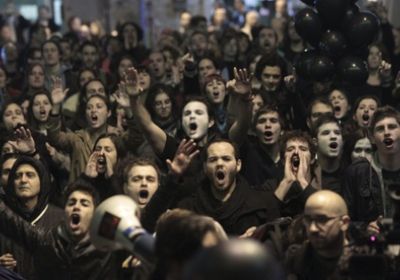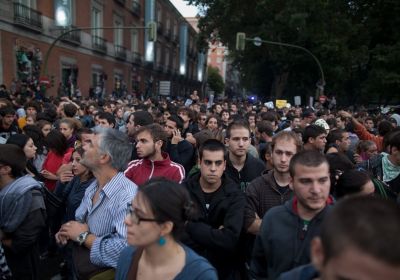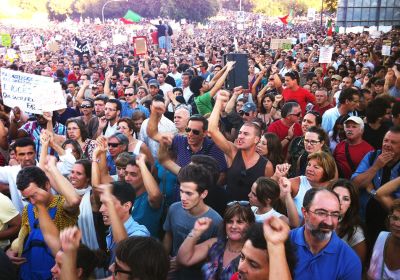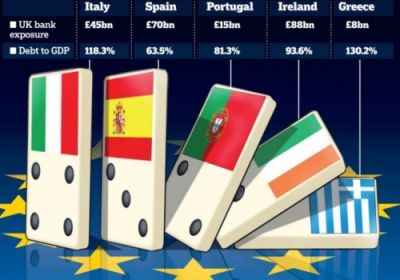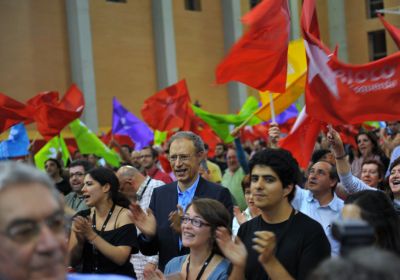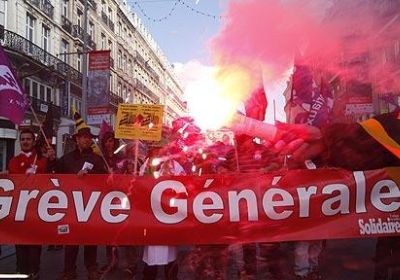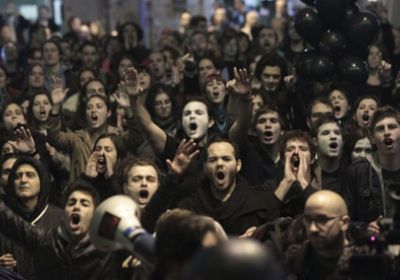
The European Day of Action and Solidarity involved a 24-hour general strike in Portugal and Spain, partial strikes in Italy, Greece, Belgium, Cyprus and Malta, and protests in 16 other European countries on November 14.
Despite the main action being confined to the Iberian peninsula, the day was a big success, with 40 union confederations and individual unions involved.
